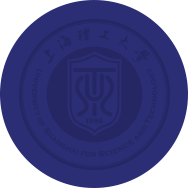From November 28 to December 2, Vice President Zhang Hua led a delegation to visit the University of Bremen, Munich University of Applied Languages (MUAL) and Technical University of Munich (TUM) in Germany, accompanied by Dean of the School of Foreign Languages Liu Qin, Deputy Director of the Department of German Zhou Lei, and relevant staff. During the visit, the delegation successfully signed a cooperation agreement on exchange student program and undergraduate dual degree program with Munich University of Applied Languages, and had extensive and in-depth exchanges with University of Bremen and Technical University of Munich on potential areas of cooperation.
Visit to the University of Bremen and exchanges with the markstones Institute of Marketing, Branding & Technology on cooperation areas
On November 28th, our delegation was invited to visit the University of Bremen, where Prof. Christoph Burmann of the Markstones Institute of Marketing, Branding & Technology warmly welcomed the delegation. During the meeting, Prof. Burmann introduced the research focus of Markstones Institute and reviewed its history of cooperation with China. The delegation exchanged views with Prof. Burmann on cooperation in joint research, faculty and student exchanges in light of the specific situation of the University, and reached a preliminary intention of cooperation. The delegation also visited the campus environment and infrastructure of the University of Bremen, and conducted the research in the international cooperation and exchange of the university.
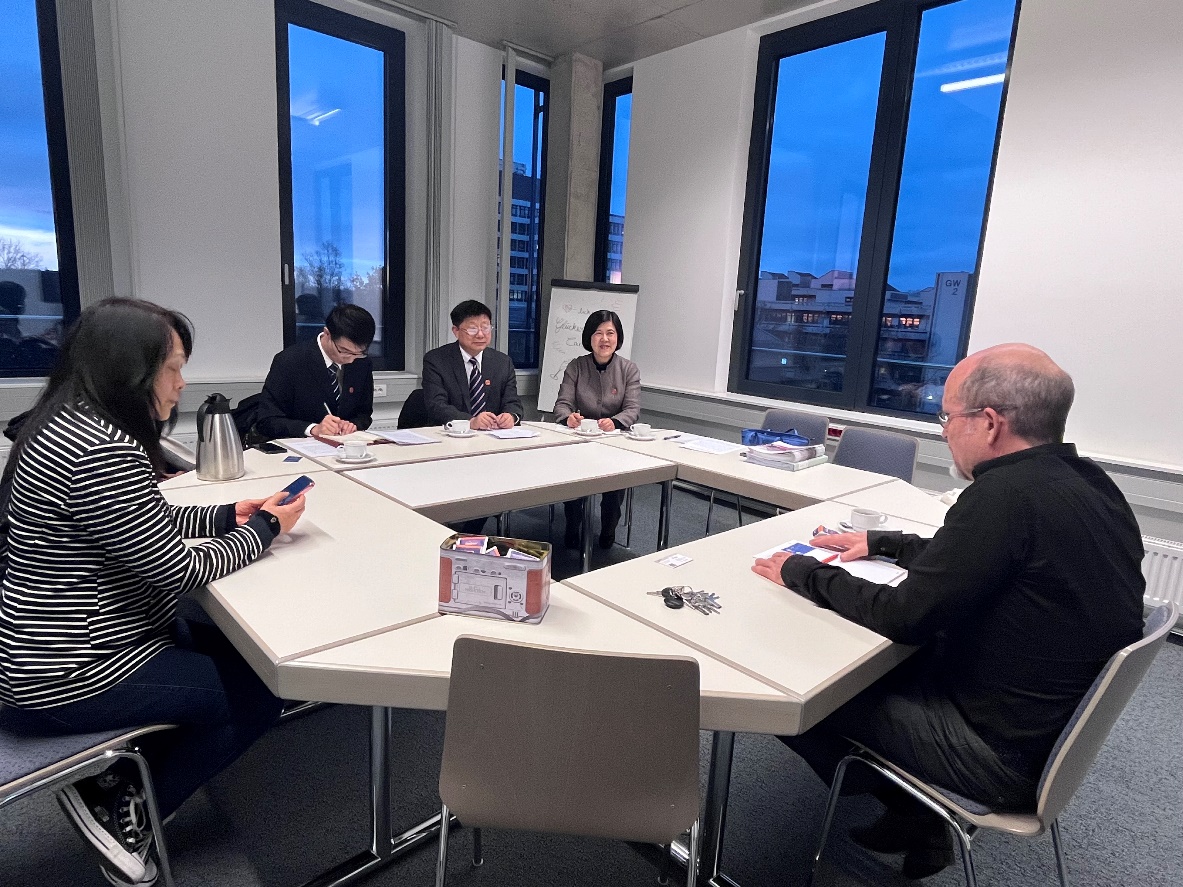
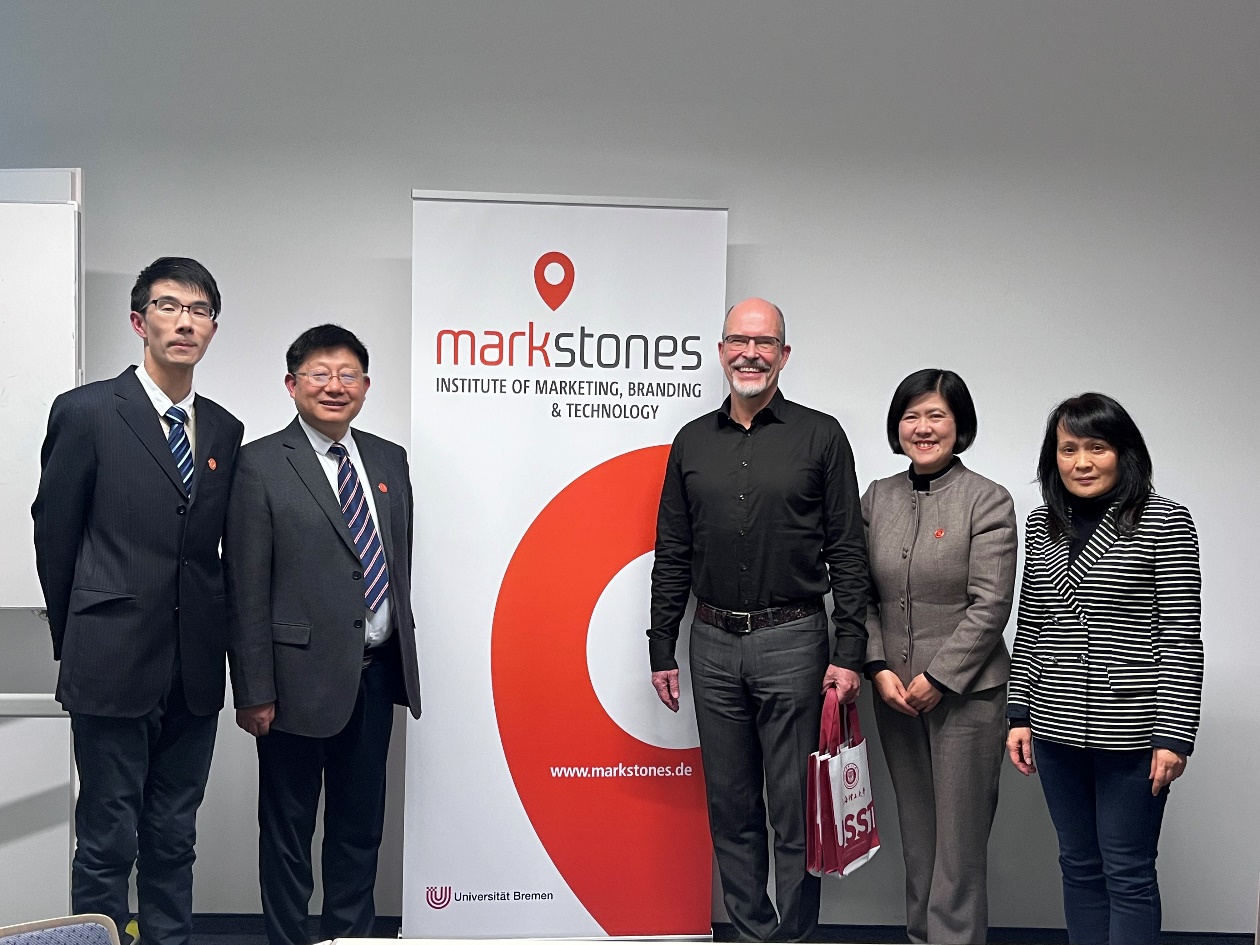
Visit to Munich University of Applied Languages and Signing of Inter-University Cooperation and Exchange Agreement
On the morning of November 30, USST delegation visited the Munich University of Applied Languages (the SDI München) and was warmly welcomed by Claudia Brunner, President of the SDI München. Zhang Hua and Claudia Brunner had an in-depth discussion on foreign language teaching, cultivation of translation talents and exchange visits of teachers and students, and both sides formally signed a cooperation agreement on exchange student program and undergraduate dual degree program. Attending the meeting and the signing ceremony were: Claudia Brenner, President of Munich University of Applied Sciences, Sabrina Zankl, Vice President for Strategy and International Cooperation, Meng Lingqi, Head of the Department of Chinese as well as Head of the Master's Program in Translation, and Regina Freudenfeld, Head of the Department of German as a Foreign Language. In addition, the delegation visited the beautiful campus, teaching and living facilities of the Munich University of Applied Languages, and exchanged discussions with the faculty members of the university on foreign language teaching in the era of artificial intelligence, students' learning and campus life, and career prospects.
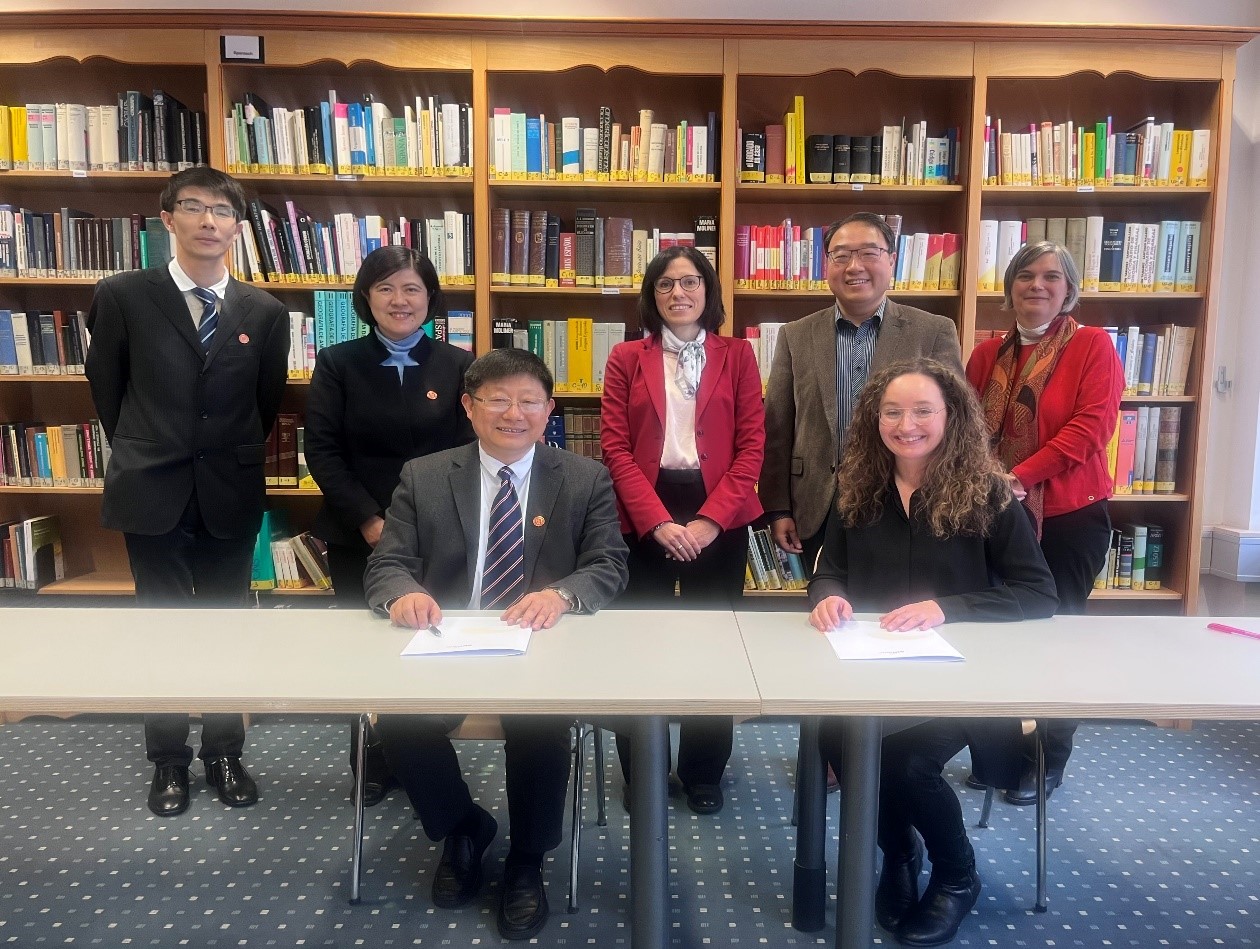
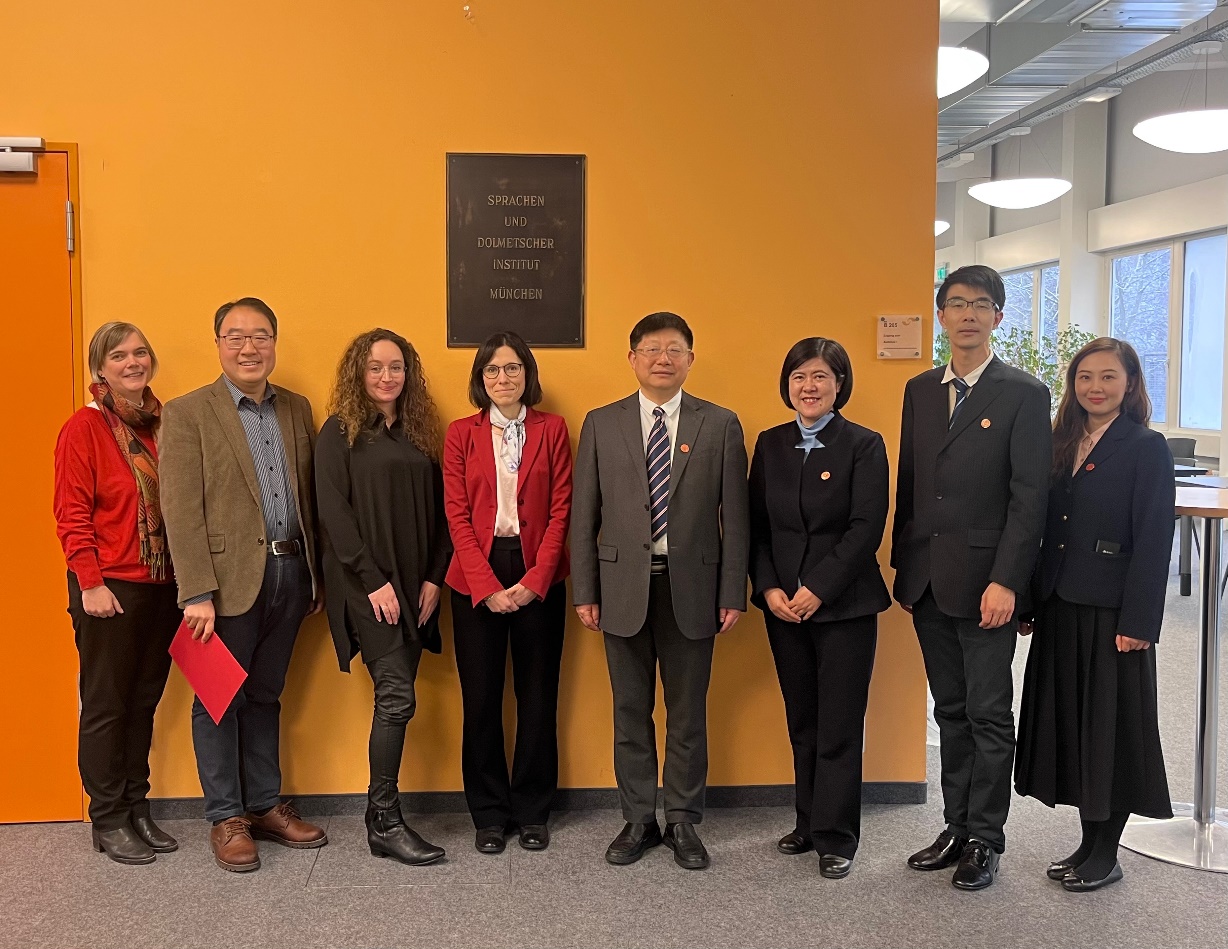
Visit to Technical University of Munich and Exchange with Institute of Thermodynamics on Cooperation Areas
In the afternoon of November 30th, USST delegation visited Technical University of Munich (TUM), a top university in Germany, and was welcomed and accompanied by Prof. Dongsheng Wen of the Institute of Thermodynamics of TUM. Prof. Wen introduced the current situation of German engineering universities as well as the history of the Institute of Thermodynamics of Technical University of Munich, its cutting-edge research and cooperation and exchange with domestic and foreign universities. Zhang Hua and members of the delegation discussed potential cooperation hotspots with Prof. Wen, and visited the major laboratories and scientific research equipment of the Institute of Thermodynamics accompanied by Prof. Wen, as well as investigated the transformation problems faced by German engineering universities and the dual-track education system in Germany.
The visit of Zhang Hua to University of Bremen, Munich University of Applied Languages and Technical University of Munich received positive response from the friendly universities, which signifies that the cooperative relationship between USST and the German universities has stepped into a new stage, and the two sides have ushered in new possibilities in resource sharing and promoting educational innovation and development. This not only lays a solid foundation for the international joint cultivation of talents in various disciplines of the university, with a view to providing students with broader learning and research opportunities, enabling them to receive a comprehensive and in-depth education under the globalization vision, paving a solid foundation for their future career, but also will help USST open up a new chapter in its internationalization.
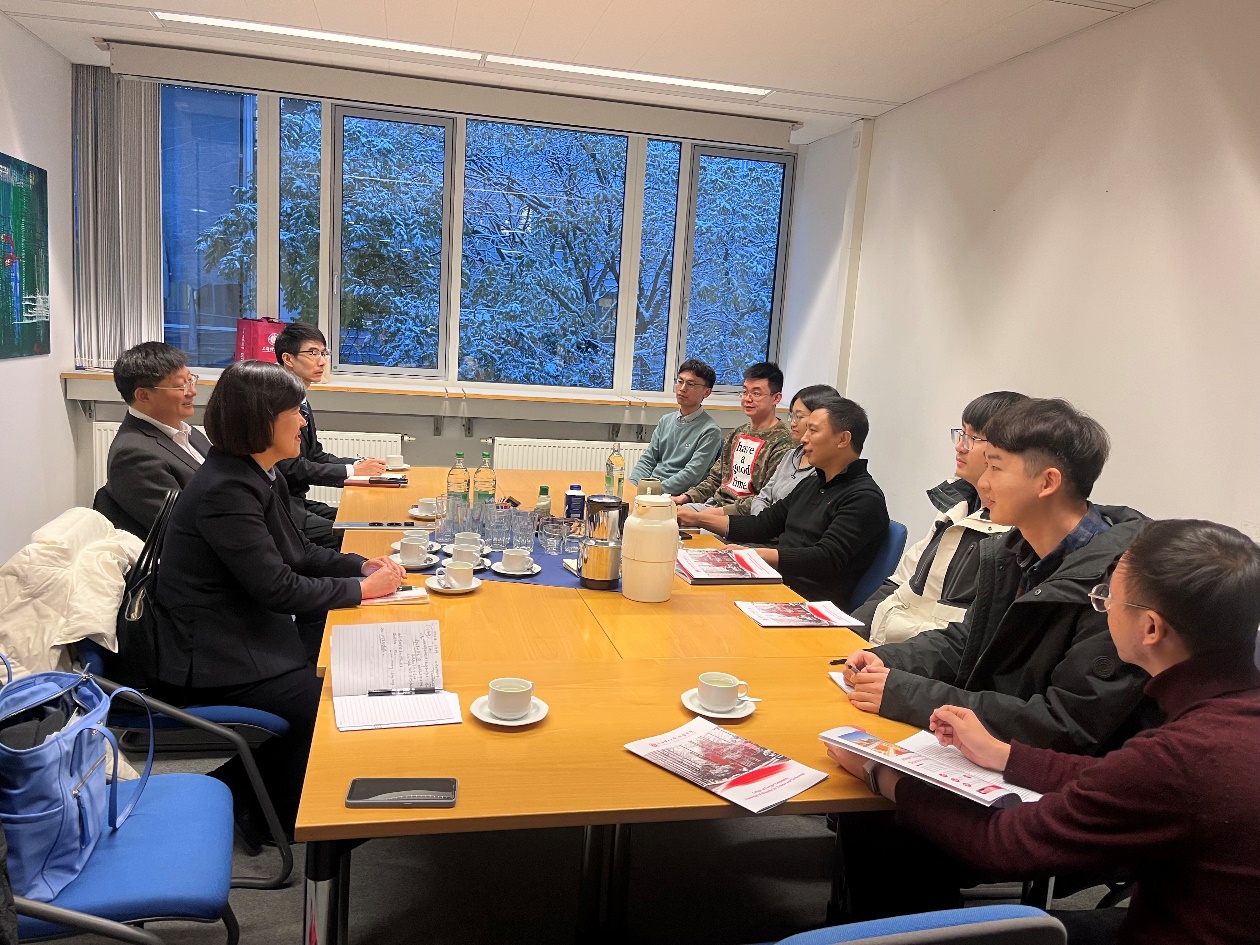
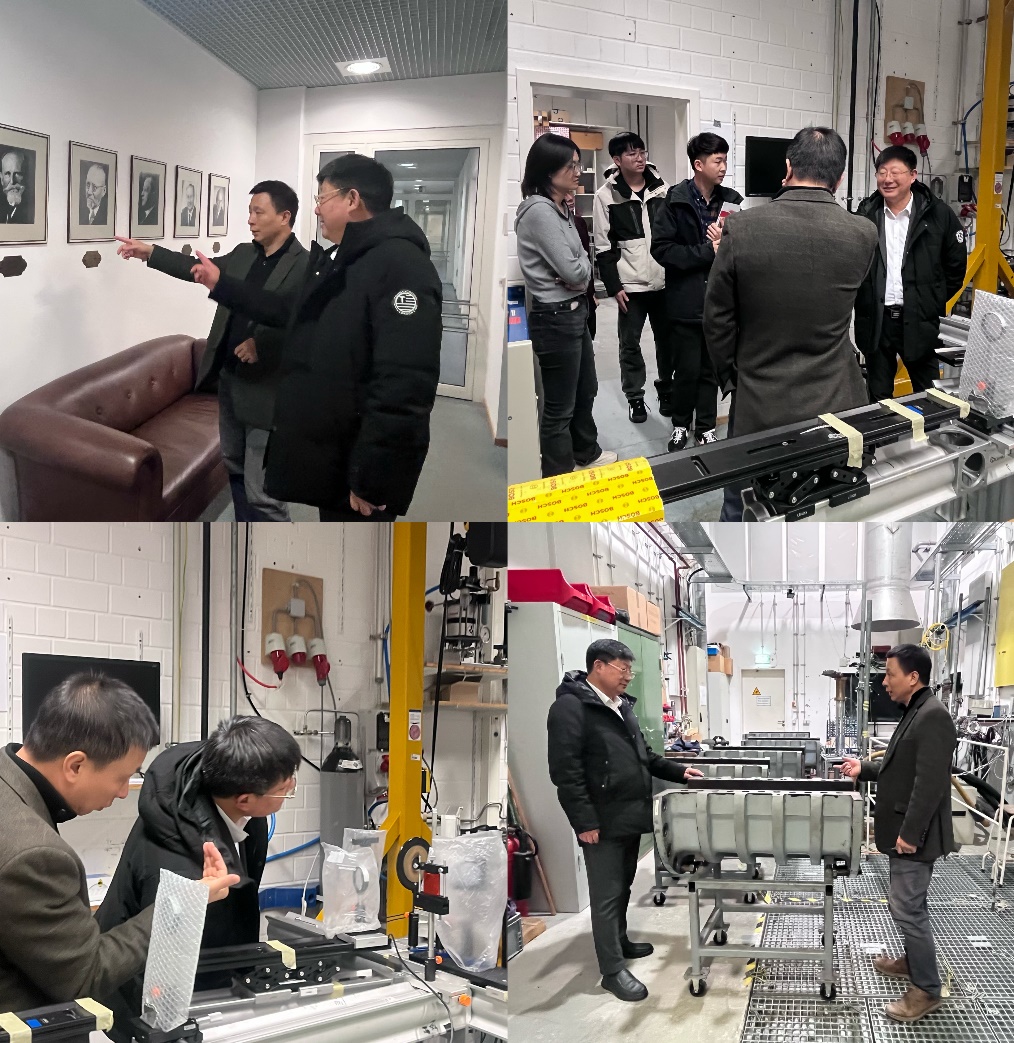
Related
Founded in 1971, the University of Bremen is one of Germany's leading kilometer institutions and one of the youngest universities in Germany. The university's marine geosciences and social sciences is particularly famous over the world, and social sciences in the whole of Germany elite evaluation to become the only selected elite graduate school. Many celebrities from Germany and Europe in the political field are from the University of Bremen. The Markstones Institute of Marketing, Branding & Technology of the university is also a leader in Germany in the fields of digital marketing, brand management and consumer research.
Founded in 1952, the University of Applied Languages Munich is a German university of applied languages and the only foreign language university in Germany. It is recognized as a renowned institution in Germany and even in Europe that specializes in the cultivation of interpreters and translators, and is a renowned foreign language university in Germany that is officially accredited and approved by the Ministries of Education of Germany and China. The key majors are Chinese-German Translation, International Economic Media, Transnational Culture and Multilingual Communication, Advanced Conference Interpretation, and has the only Master's Degree in Simultaneous Interpretation for Advanced Conference Interpretation in Germany.
The Technical University of Munich is one of Europe's leading research universities and is recognized as the symbol of German universities in the world today, ranking at the top of the list of German universities all year round. With its outstanding innovative spirit and quality of science and education, the university has become one of the first three elite German universities. It is one of the TU9 Alliance universities in Germany, a member of the International Alliance of Universities of Science and Technology, the Global Alliance of Universities for Advanced Studies, Euro Tech Universities Alliance, the European Alliance of Top Engineering Universities, etc., and is listed as a key funding target by the German government, and enjoys the highest scientific research funding in Germany. It is ranked 37th (1st in Germany) in the QS World University Rankings 2024.

 Home
·
News & Events
·
Content
Home
·
News & Events
·
Content

